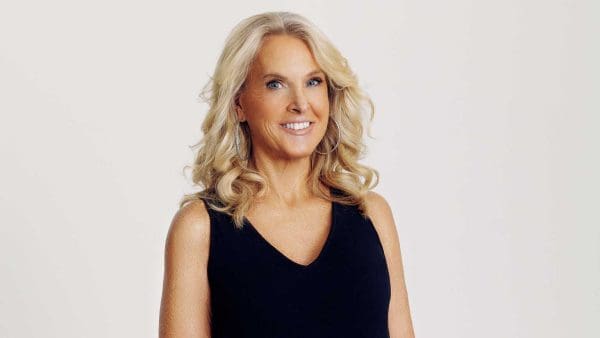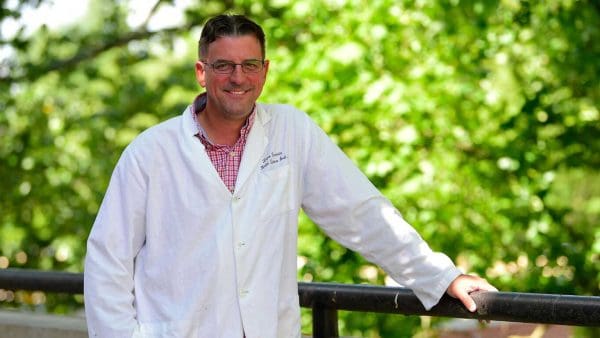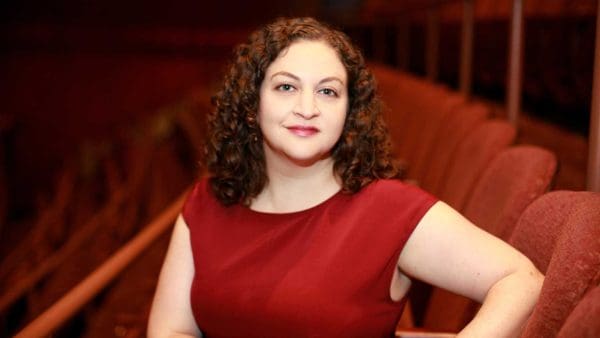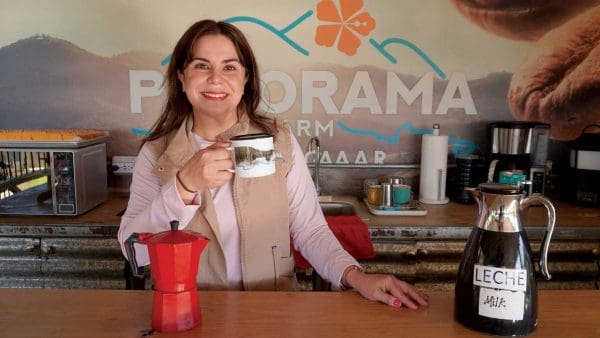Jane Callen ’97 MA doesn’t sleep much. She is a private-practice trauma therapist; a commissioner for Fire and Emergency Services in Montgomery County, Maryland; a lieutenant fire rescuer/first responder with her local volunteer fire department; and a volunteer mental health disaster responder with the Red Cross and other organizations. Until retiring last year to focus on psychotherapy, she was also a longtime employee at the U.S. Department of Commerce, serving as the associate director of communications for the U.S. Census Bureau and then as Commerce’s economic information officer and senior writer/editor.
Callen, who earned a master’s degree in government from Johns Hopkins, helped lead the trailblazing effort to move census datasets online in the mid-1990s—the first U.S. government agency on the Internet.
Her seemingly circuitous journey leads reliably back toward her roots. One of her earliest memories was riding atop her father’s shoulders at the March on Washington alongside Dr. Martin Luther King, Jr.
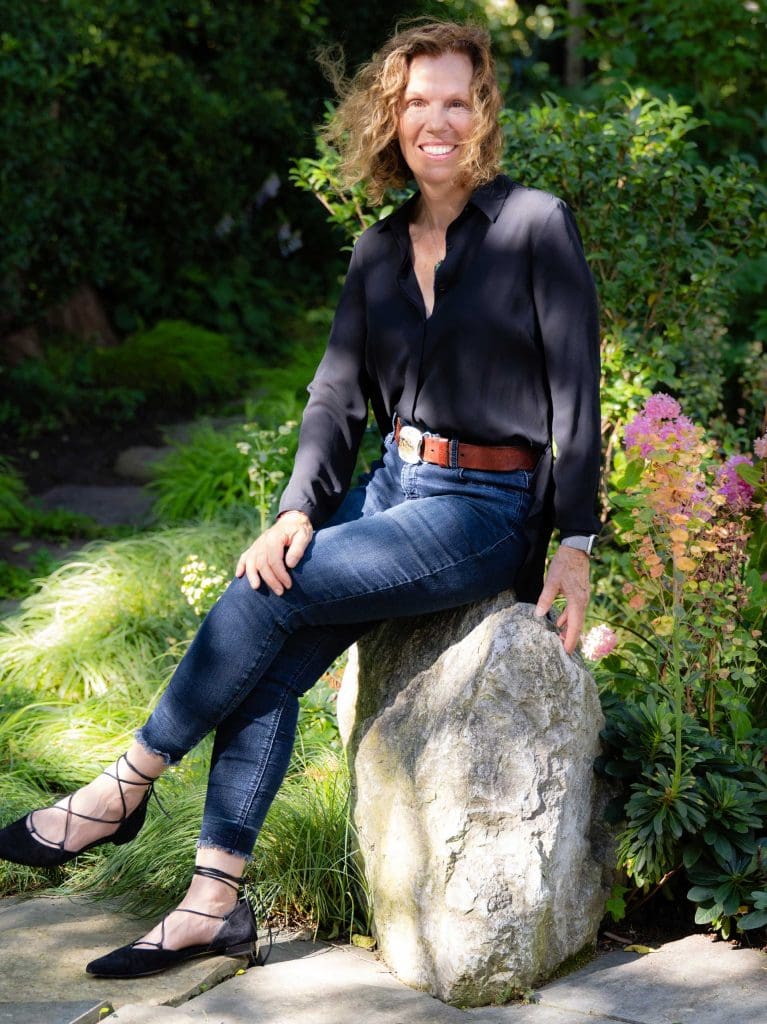
How can someone build service into whatever work they do?
Well, it’s a balance between savoring and serving, right? Savor the astonishing beauty of every day and also make service the North Star that guides those fleeting days. Do as much as you can to cultivate justice and equality, to protect and uplift others—particularly the vulnerable, the marginalized. Cherish and be good stewards of the fragile and magnificent natural world, which gobsmacks me every single day. Leverage good science and respect for the vast unknown. Boundless discoveries await, if we approach life with curiosity, awe, and wonder—what Buddhists call “beginner’s mind.”
What has this looked like in your own work?
At Commerce, I was part of the economic team that assessed the impact of the Deepwater Horizon oil spill. I also joined colleagues from NOAA and academia, such as Stanford, to launch the department’s Natural Capital Business Roundtables toward greater corporate environmental stewardship. And I was privileged to be part of the team that developed the Pulse surveys during the pandemic, to gauge, among other things, mental wellness and economic impacts across the socioeconomic spectrum.
When did you add volunteering to your plate?
In 2005 when Hurricane Katrina hit, I remember being moved to the point of distraction; I just could not stop thinking about the images of suffering we were seeing in the media.
I went to the local Red Cross office, signed up, and went to New Orleans for three weeks—with support from my Commerce colleagues, who handled the workload, which enabled me to deploy.
I came back from that experience and immediately went to my local fire department here in Bethesda, Maryland, and joined up, and eventually became a volunteer lieutenant.

